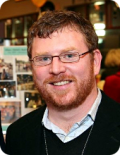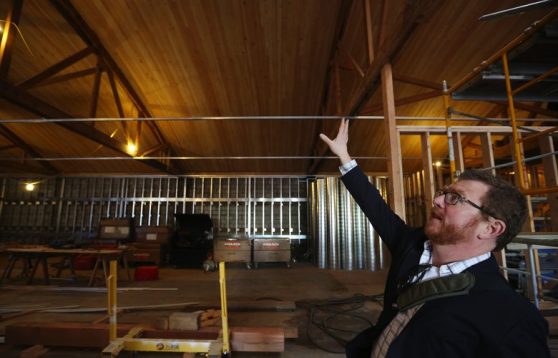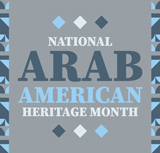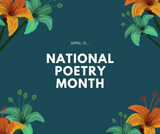
Robert Sindelar of Third Place Books
by Andrea Dunlop, for the Girl Friday Productions blog
With hundreds of literary events each month and a thriving bookstore culture, Seattle is a place where a love for reading runs deep. Maybe it’s the luck of living in a progressive, arts-centric city or maybe it’s the nine or so dreary months of each year that make us such book lovers; whatever the reason, the book nerdiness of Seattle is real. And this flourishing literary community wouldn’t be complete without its network of independent bookstores—Third Place Books being one of our favorites.
Third Place Books was founded by Ron Sher in 1998. The first location, a fifteen-thousand-square-foot store with new and used books, was opened in Lake Forest Park, just north of Seattle. In 1999, former bookseller at Elliott Bay Book Company Robert Sindelar joined Sher. In 2002, they opened a second Third Place Books in Seattle’s Ravenna neighborhood. And just last weekend the pair celebrated the grand opening of its third location in Southeast Seattle neighborhood Seward Park.
We sat down with Sindelar to ask him about what it means to be a bookseller in Seattle.

Robert Sindelar, overseeing construction of Third Place’s new bookstore in Seward Park (photo: Ken Lambert/The Seattle Times)
- The first two Third Place Books locations are known for reflecting their neighborhoods and communities. How will the new location do this?
Being part of our neighborhoods is a big part of what we do. For Seward Park we arrive with some significant connections to the community. Our store manager, Eric McDaniel, lives in the neighborhood and knows the community well. Our restaurant partner, Raconteur, is also operated by Seward Park neighbors (they are the proprietors of Flying Squirrel Pizza down the street). At all our locations, we work on getting to know the local schools to better understand the neighborhood. We also listen to our customers and find out what other businesses and organizations in the neighborhood are important to them. You always learn a lot about your neighborhood once you open your doors.
- What are you most excited for with the opening of the Seward Park location?
We really have taken the best of what we have learned about bookselling and community gathering places from our other two stores and brought that experience and knowledge here. It is, at once, a beautiful evolution of our concepts and ideas, yet it is also its own distinct store. The most exciting thing about opening a store like this is the first day people come in and start making themselves at home. We had a small staff party the other night to show the place off to our employees from the other stores, and hearing that much conversation and laughter in the space was incredible. It really brought the place to life.
- How do you decide what to carry in the store? What helps you determine what will resonate with your customers?
We are opening the store with a number of booksellers who have decades of experience among them. We worked hard at creating a unique and distinctive inventory that will hopefully inspire our customers. Inevitably, our customers will also let us know if we missed something. That is a part of a bookstore’s relationship with its customers that we are extremely excited to begin.
- In an era when many bookstores are struggling, Third Place is expanding; what’s accounted for the store’s success?
Independent bookselling was a tough business when we opened our first store in 1998, and it hasn’t gotten any easier since. But recent data shows that independent bookstores are greater in number and selling more books in their stores than last year and the year before. On one hand, we are part of that “return to the bookstore” movement. Also, our model as a community gathering place is something that many people are seeking out in their lives. Those two things have helped in our success and gave us the confidence to expand to a new location.
- What makes Seattle a great place to be a bookseller?
Seattle is an incredible reading community. We have a wealth of local authors, bookstores, writing programs, libraries, and literary organizations. The great thing is that, while there is healthy competition among us all, we truly work to support each other and build each other up. You don’t see that in many other cities.


